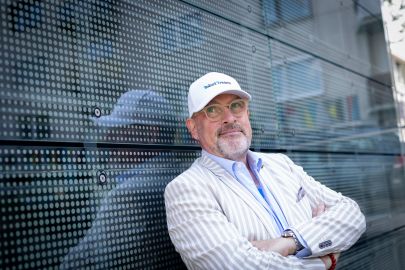What does RobotDreams do?
We have developed a system for the early detection of heart attacks using AI. If a heart attack is suspected, several ECGs and blood tests are now carried out. The troponin level is considered a meaningful biomarker for a possible heart attack. However, these tests take time, around six to nine hours, partly because several blood samples are required, with a maximum accuracy of 70 percent in terms of specificity. The current procedure for detecting a heart attack therefore takes a long time and is not very accurate.
How do you intend to change this?
During the initial examination of the blood, a large amount of data relating to white blood cells is collected, which was previously ignored in blood analyses. Using our AI-supported software, we convert this data into a format that enables a meaningful heart attack diagnosis with a probability of around 94 percent – all within one minute. We could save countless lives and spare many patients – and therefore the healthcare system – unnecessary hospitalizations.
Who is behind RobotDreams and how did this development come about?
Aleksandr Pushkin had the idea while working as a laboratory manager in a hospital in St. Petersburg. He developed the system together with Hamburg-based AI expert Dimitrij Shulkin. The two of them were looking for someone to take over sales and marketing and found me. My role at RobotDreams is to bring the system to market. I have decades of experience in this area in the IT sector and with start-ups.
Your centre of life and work was in Timmendorf on the Baltic Sea. What brought you to Graz?
We started out in Germany. We were looking for partner clinics for initial studies to test our system. Understandably, we were met with a lot of scepticism in Germany. So we looked for opportunities abroad and found that Andreas Zirlik and Heiko Bugger at MedUni Graz were open-minded. I am very impressed by how well networking works here in Styria. The Human.technology Styria medical cluster practically took us by the hand and here in the Science Park Graz we found the perfect infrastructure for our start.
What’s next for RobotDreams?
We’ve been here in Graz since 2022 and have already secured investors for our large market authorisation study. Within two years, we will collect data from around 2,800 patients. We expect approval in the EU in 2026 and possibly a little earlier in the USA due to simplified approval regulations.
What makes Styria a Startupmark?
I find the network and the really excellent advice from the Styrian Business Promotion Agency SFG and the Austrian Research Promotion Agency FFG extremely positive, including with regard to European funding opportunities. The speed and breadth of the network is remarkable for me and I have never experienced anything like it. My wife and I have also moved the centre of our lives here to Graz and don’t regret it for a second.
What is the potential for improvement?
I see this above all in the basic structure of the labour situation. Generous collective agreement regulations are basically a good thing, but they make it more difficult for start-ups, which are usually faced with a tight capital situation anyway, to get off to a successful start. Exceptions for newly founded companies would be desirable here.
What should start-ups generally bear in mind?
My tip: If you’re going to start up, then do it one hundred per cent. Founding a company alongside a permanent job usually doesn’t work. I’ve tried it several times. There comes a point when you have to make a decision. If you have a family to look after, it becomes difficult. So take care of the financing beforehand and then get fully involved in the business. The second tip: know the market! There are many founders with great product ideas who have no idea about sales, marketing and the basic route to market. This requires well thought-out strategies and the help of professionals.
Gernot Zenz


